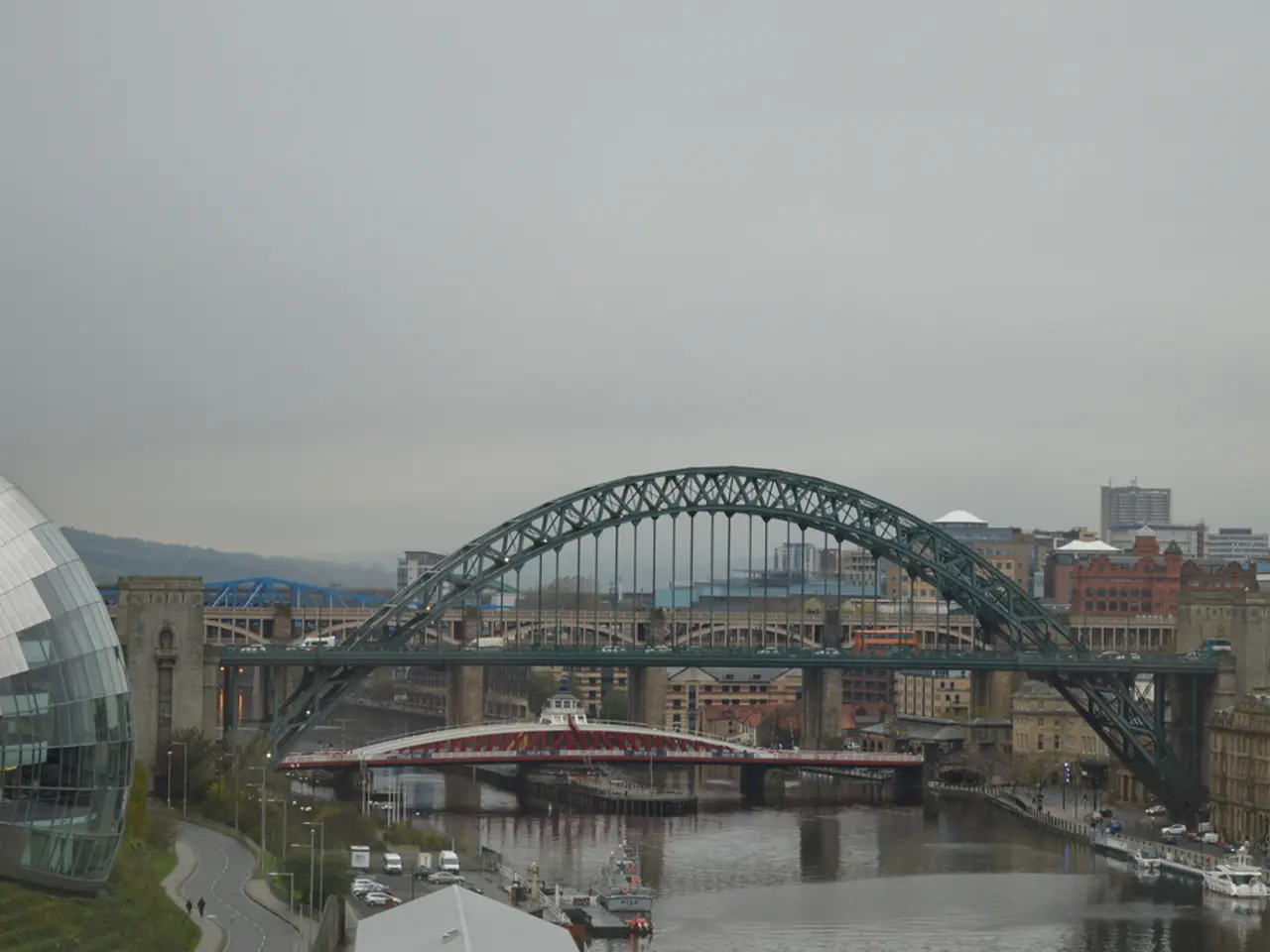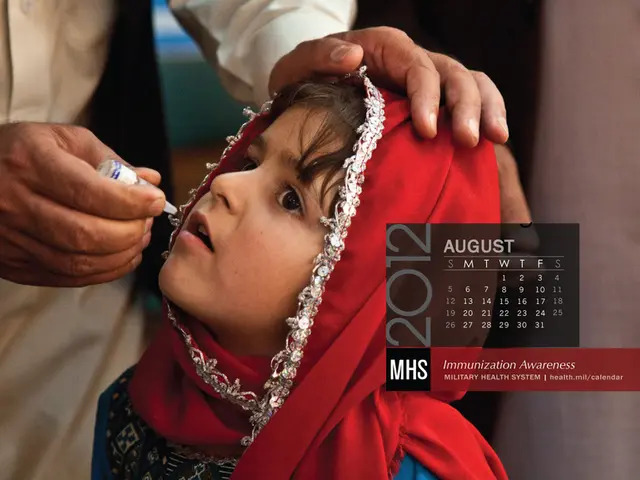Effective Local Administration Pivotal in Combating Monsoon Waterlogging and Health Risks
India is grappling with the issue of urban flooding, particularly in million-plus cities like Hyderabad and Pune, which highlights the governance paradox of Indian cities. This paradox is characterised by constitutional empowerment on paper and capacity deficit on the ground.
The frequent urban flooding events in India are a result of both ecological mismanagement and fiscal centralisation. To address this, India is implementing a resilient governance framework that focuses on infrastructure modernization, nature-based solutions, climate adaptation, and data-driven risk management.
This framework aims to convert Indian cities into 'sponge habitats', absorbing and storing rainwater to prevent waterlogging and health hazards during the monsoon. A triple-pronged strategy of functional devolution, green-grey hybrid infrastructure, and fiscal innovation forms the backbone of this approach.
One of the key initiatives under this strategy is the Urban Resilience Fund, which committed nearly $300 million in 2025 to major flood-prone cities like Mumbai, Chennai, Ahmedabad, and Gurugram. This fund supports the restoration of water bodies, modernizing flood response systems, and enhancing drainage infrastructure.
Cities such as Kolkata have invested over 15 years in preserving wetlands and upgrading drainage, significantly reducing flood intensity. Similarly, Bengaluru’s Jakkur Lake restoration is an example of eco-restoration to manage urban floods.
Apart from expanding drainage capacities, there is a growing emphasis on underground water storage tanks, a practice inspired by models from cities like Hong Kong, Barcelona, and Tokyo.
Nature-based solutions, such as protecting wetlands, reopening stormwater channels, promoting permeable surfaces, green spaces, rain gardens, and the “Sponge City” concept, are also being adopted. Mumbai is adopting this approach, reflecting a shift towards nature-sensitive urban planning.
Urban flood policies now explicitly integrate climate resilience, accounting for increased rainfall intensity and variability due to global warming. This includes forecasting improvements and designing urban infrastructure to handle extreme weather events projected under climate change scenarios.
Data-driven flood risk management is another crucial aspect of this approach. The use of satellite data and meteorological information supports flood monitoring, while Integrated Flood Warning Systems enable early warning and targeted disaster preparedness.
The Smart Cities Mission and National Disaster Management Plan (NDMP) enforce zoning laws to restrict urban expansion in floodplains, promote flood-resilient construction, and encourage region-specific flood risk reduction strategies based on topography and local soil conditions.
Under programs like the Pradhan Mantri Awas Yojana (PMAY), efforts are underway to improve flood resilience in informal settlements by providing elevated housing, better drainage, and infrastructure upgrades. Recognizing that clogged drains exacerbate flooding, improved municipal waste management is also part of the strategy to ensure stormwater systems function properly.
The Odisha model, with its localised preparedness and robust municipal finance reform, can serve as a model for implementing this comprehensive approach. The fusion of the Odisha model with global sponge-city learnings can further strengthen this framework, offering a template for cities seeking to become not merely "smart" but genuinely safe and sustainable.
Together, these policies and strategies signify a comprehensive shift from purely infrastructure-driven flood control to a more integrated approach incorporating ecosystem restoration, climate adaptation, advanced monitoring, and inclusive urban planning to improve urban flood resilience in India’s cities.
Read also:
- Apparition's Significance and its Delivered Messages - as discussed by Sensenmann
- Explored the Popular Health Assessment with a Queue of 100,000 Aspiring Participants - Here's My Unadulterated Opinion
- Hearing impairment condition: Recognizing symptoms and management approaches
- Exploring Recurring Actions in Mature Individuals: An Analysis of Persistent Actions in Adults' Daily Lives








